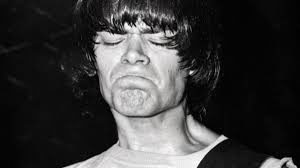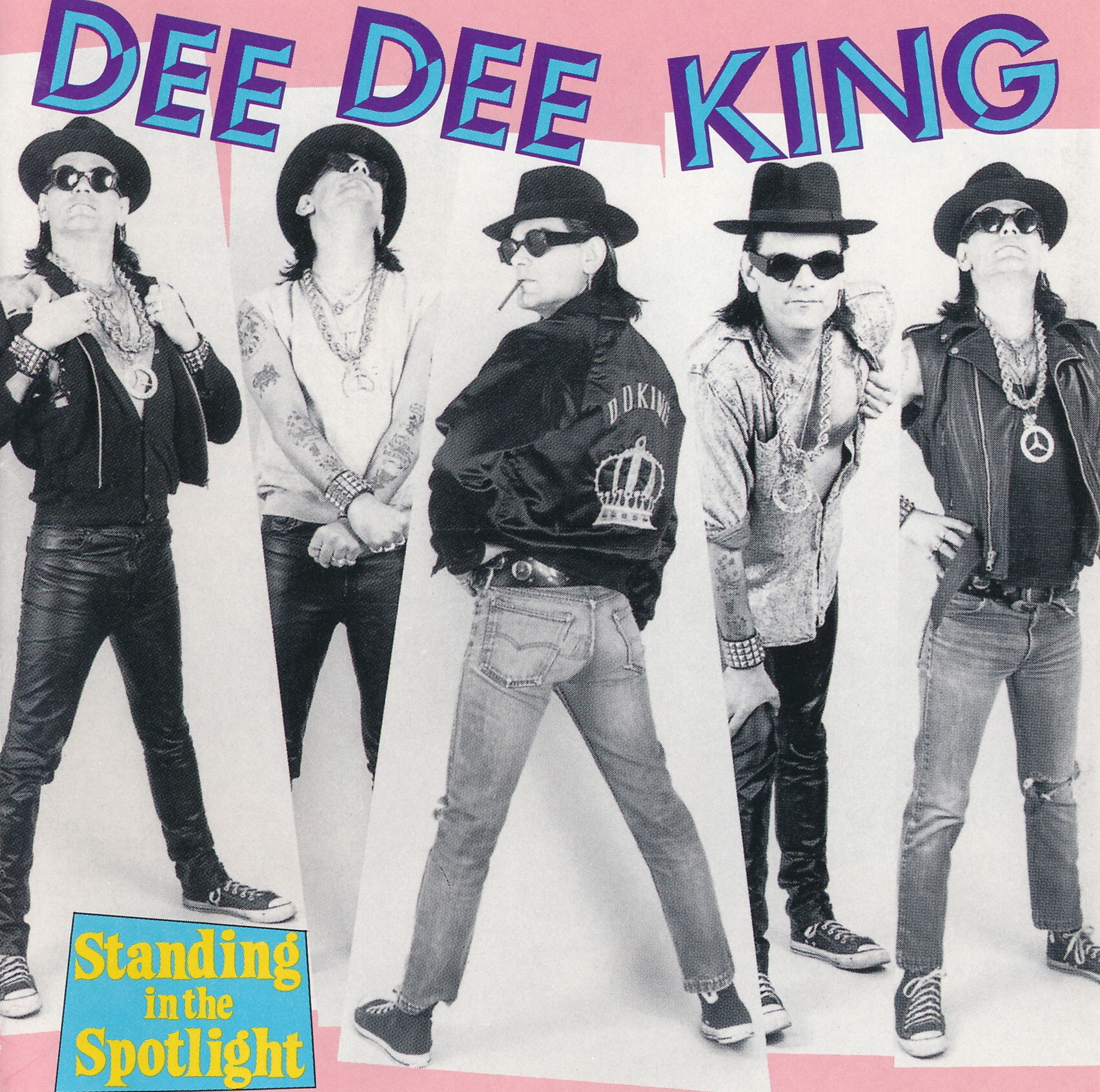Dee Dee King: The Ramones Rapper
Dee Dee Ramone is a punk icon. No mere bass player, Dee Dee was a creative driving force behind the Ramones. He penned many of the band’s most beloved songs and his consistent shout of “1-2-3-4” broke up the frantic pace of Ramones gigs.
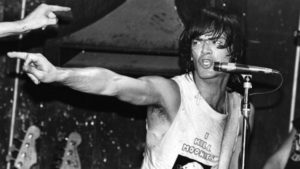
Drug use eventually landed the embattled musician in rehab. During his stay, fellow patients exposed Dee Dee to rap music. That musical discovery inspired a creative project that confused just about everyone.
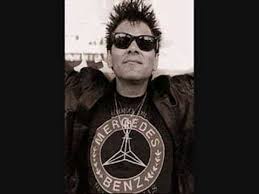
In 1987, Dee Dee launched a rap career. Reborn Dee Dee King, the bass player traded in his Ramones uniform for gold chains. Sporting sunglasses and posing with a ghetto blaster, Dee Dee released a 12-inch single titled Funky Man.

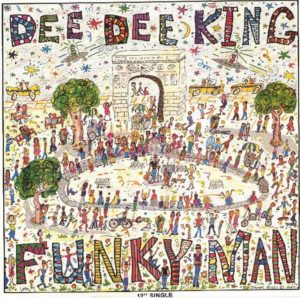
There was even a promotional video for the song. Dee Dee strutted his stuff as a new posse followed him around the streets of New York.
In the video Dee Dee is boastful and proud. He reveled in the new character. In his own mind, Dee Dee King was the Master of Rap!
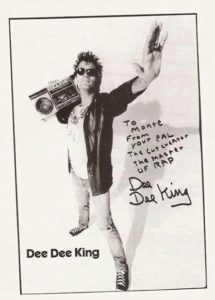
“Funky Man” was no one-off. With the financial backing of Warner Brothers Records, Dee Dee King entered the studio to create a full-length LP. The result was Standing in the Spotlight, one of the music industry’s most derided albums.
Dee Dee got help from some familiar names. Greg Stetson proved to be the perfect engineer. Coming from a punk rock background, his work with Run D.M.C. and Public Enemy lended much needed credibility to the sessions. Marky Ramone played drums and Debby Harry lent her signature vocals to a few tracks.
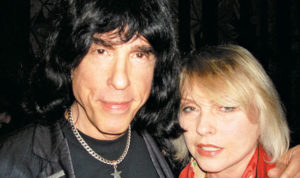
What of the songs? Well, it’s kind of hard not to laugh. Take the opener, a cover of the 1962 R&B hit, “Mashed Potato Time.” The sound of Dee Dee rapping is at once jarring and amusing. Then, there’s the lyrical content. Dee Dee Ramone rapping about a 60’s novelty dance is simply bizarre.
Even the voice of Debby Harry can’t keep “Mashed Potato Time” from becoming a joke. She also appears on the equally comical “German Kid.” Here, Dee Dee King embraces his German heritage by rapping in German!
Try and listen to “Commotion in the Ocean” with a straight face. It’s the tale of Dee Dee’s failed attempt at catching waves. It turns out that the self-proclaimed “master of hip hop” is no surfer. The final verse concludes, “I am better off on land/better leave the surfin’ to the pros/before a crab bites one of my toes.” Dee Dee wisely returns to land but not before interacting with a mermaid!
Standing in the Spotlight seemed to be universally mocked in the press. Despite the outpouring of bad reviews, Dee Dee continued to embrace his rap persona. Much to the chagrin of Johnny Ramone, Dee Dee made a habit of showing up to Ramones shows in full rap gear.
In the end, Dee Dee wisely left his rap career behind. Looking back, the esteemed bassist offered a damning assessment of his experiment. Speaking of Standing in the Spotlight, Dee Dee reflected, “It wasn’t so good anyway, the album. I couldn’t do rap. I was trying.”
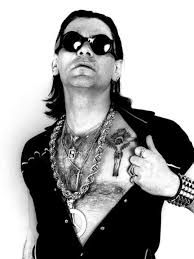
Perhaps Dee Dee is too hard on himself. After all, The Ramones chose to cover a Dee Dee King song on their final album, Adios Amigos!
https://www.youtube.com/watch?v=DlUeZwyNsOw
Standing in the Spotlight may be an unusual record, but I’m awfully glad it exists. One can’t help but listen and smile. Despite the misguided attempts at creating legitimate Hip Hop, there exists the purity of a free spirit escaping the restraints a punk rock bassist. The album is a welcome reminder that Dee Dee Ramone was an inherently lovable human being that is sorely missed by all.
